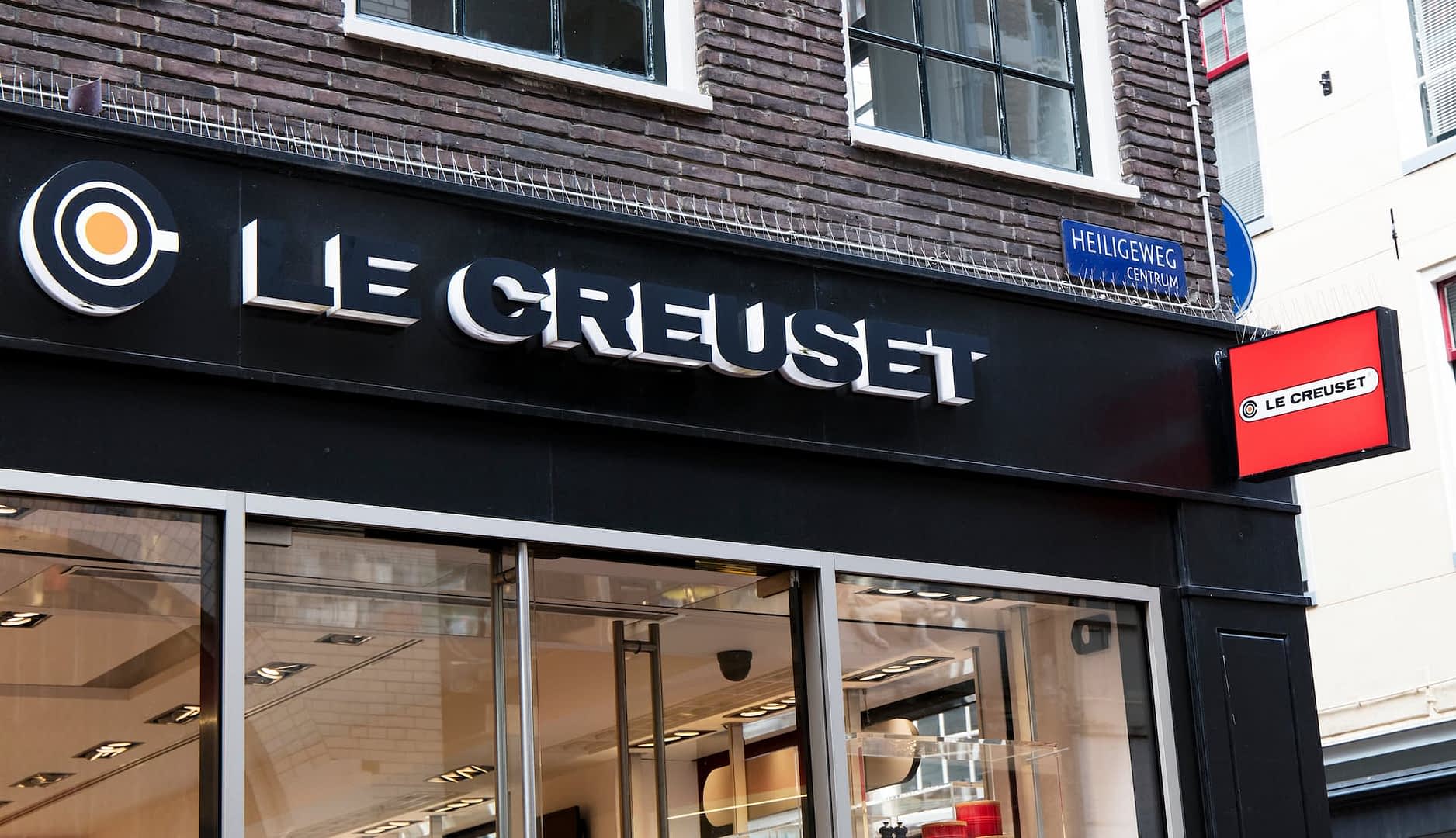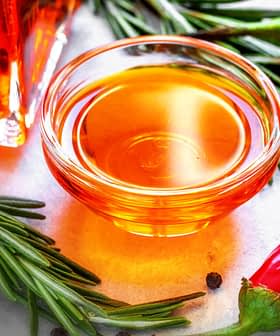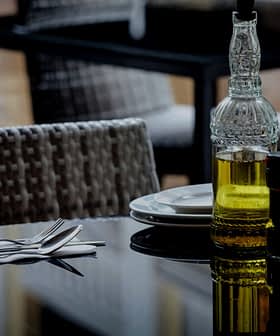 42.8K reads
42.8K readsNews Briefs
French Cookware Maker Warns Customers Not to Cook with Olive Oil

Le Creuset recommends against using olive oil in its cookware due to concerns about the oil’s smoke point potentially damaging the durability of the pans. Other kitchenware producers, chefs, and retailers have also advised against using olive oil for cooking, citing potential issues with residue, taste, and safety.
A Le Creuset representative sent Olive Oil Times the following statement after this article was published:
“Le Creuset cookware is suitable for use with many different fats and oils, including olive oil and other plant-based oils, seed and vegetable oils, animal and dairy fats among others. Cooks should feel free to choose based on personal preference and temperature recommendations. Proper use according to the smoke point of each oil will prolong the performance of our cookware and we refer you to individual care and use guides on lecreuset.com for all of our materials.”
Le Creuset has answered a customer complaint by stating that its frying pans and woks should not be used to cook with olive oil because such use could shorten their durability.
More specifically, the French cookware producer has blamed olive oil’s smoke point for such damages.
According to a report that first appeared in the Daily Mail and later in The Telegraph, Le Creuset warned its customers “to avoid using olive oil” while recommending “oils with a higher smoke point like rapeseed oil, coconut oil and sunflower oil.”
See Also:Healthy Compounds in extra virgin olive oil Still Present After Exposure to Heat“Olive oil has a very low smoke point, and this can form a brownish film on the pan (burnt oil), creating a barrier between the food and the pan,” the company added. “We would advise that every now and then, you rub cooking oil around the pan and leave it whilst it is not in use. This will help preserve the quality of it.”
The Telegraph also reported that the popular department store John Lewis urged its customers to avoid olive oil.
“We advise customers that olive oil can carbonize on ceramic pans, leaving a residue,” the store said.
According to The Telegraph, Smeg, an Italian kitchenware producer, said, “it is recommended not to allow the [olive] oil to smoke or burn. Due to the enhanced non-stick properties, food can be cooked and fried without the need for oil at all.”
“You should never cook with olive oil,” Mark Greenaway, a chef, told The Telegraph. “It should only ever be used in finishing a dish. If you cook with it, the smoke point is so low it removes the Teflon [a brand name for the chemical, polytetrafluoroethylene] from non-stick pans or ‘burns’ traditional pans.”
“If you need to rely on the taste of an oil in your food, you’re probably doing something wrong,” he added.
Cooking with olive oil plays a significant role in many established and internationally-popular cuisine traditions at different latitudes, especially in large olive oil-producing countries, including Spain, Italy and Greece.
While extra virgin olive oil is also widely used for finishing dishes, it and other grades of olive oil have shaped the flavors and recipes of the Mediterranean diet for centuries.
While it is possible to use extra virgin olive oil for baking, sauteéing, grilling, dressing or making soups and stews, olive oil may also be used for frying.
Recent studies have shown that frying with virgin olive oils will transfer some of the healthy qualities of the olive oils to the food, thus reducing the unhealthy impact of fried food such as French fries.
Extra virgin olive oil smoking point is estimated between 180 °C and 210 °C, with higher quality extra virgin olive oils reporting higher thresholds. Only the highest-heat cooking methods will require temperatures above these limits in a home kitchen.
The safety of the cooked food and the durability of the pans might therefore be attributed to the kitchenware’s characteristics. In such a context, the Teflon coating might play a decisive role.
According to the Italian scientific magazine, MyPersonalTrainer, Teflon coating is subject to pyrolysis, which induces thermochemical decomposition when the polytetrafluoroethylene exceeds 260 ºC.
At 350 °C, it is believed that Teflon undergoes a robust decomposition releasing potentially toxic byproducts.
This means that, given the easily-spotted olive oil smoke point, cooking and frying with olive oil in Teflon-coated pans will allow cooks to easily respect the coating of their pans and enhance the safety and flavors of their servings, even more, when high-quality extra virgin olive oil is applied.









